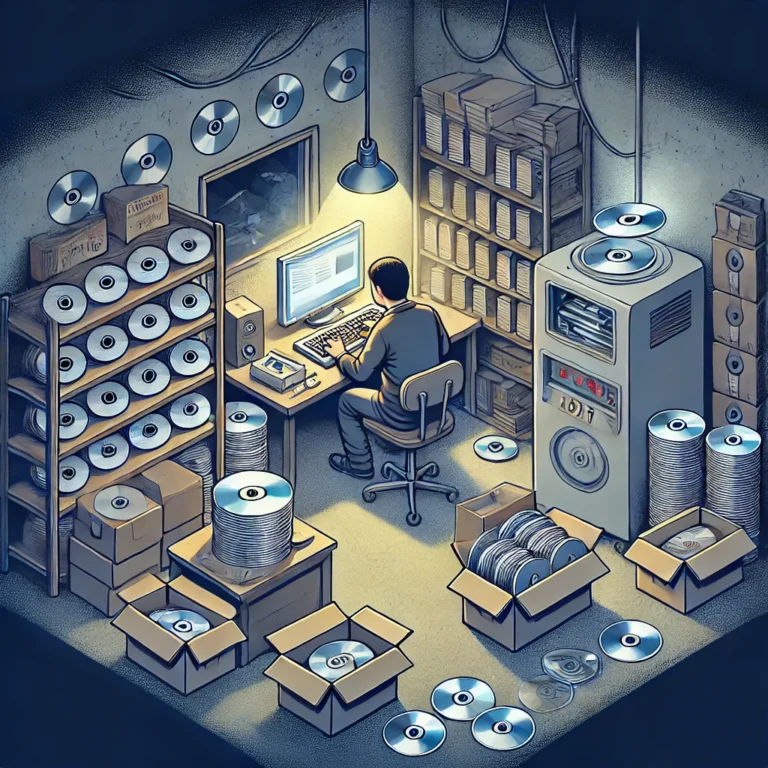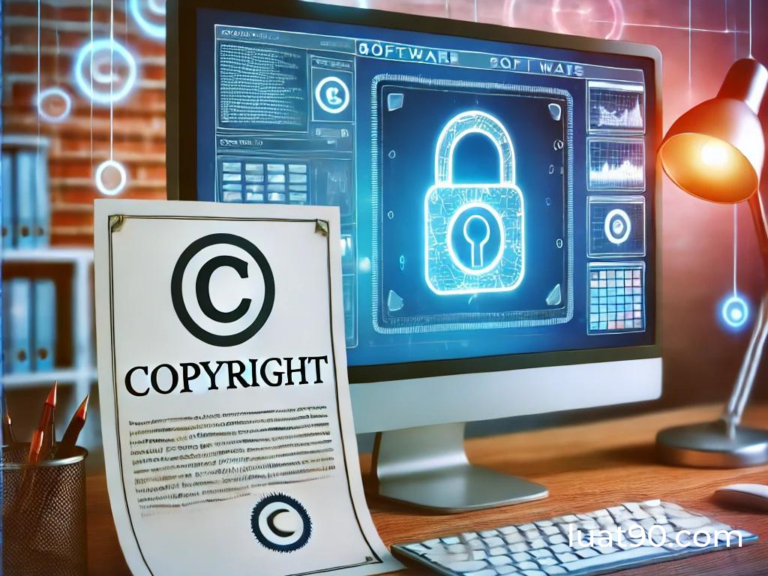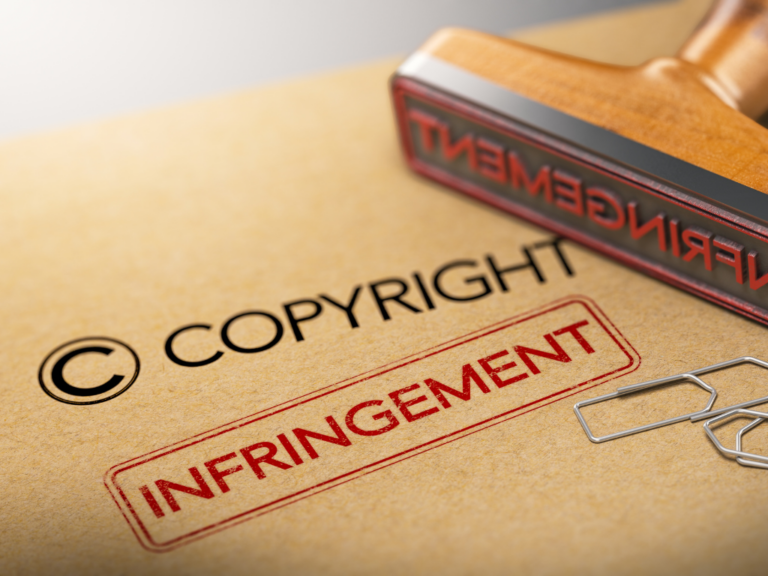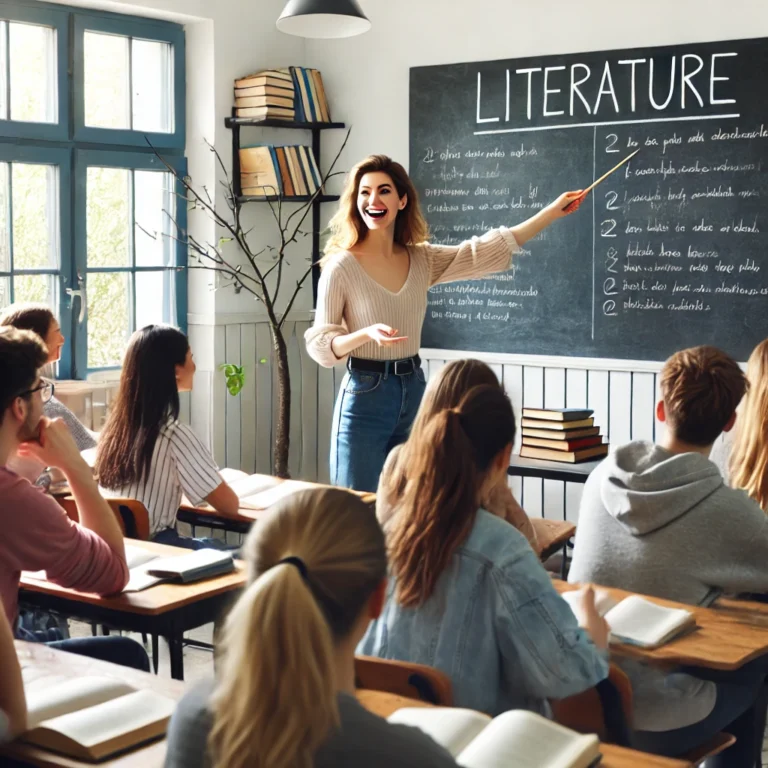Call us now:
Does photocopying books violate copyright? Whether photocopying books violates copyright depends on the purpose of use and the number of copies made.
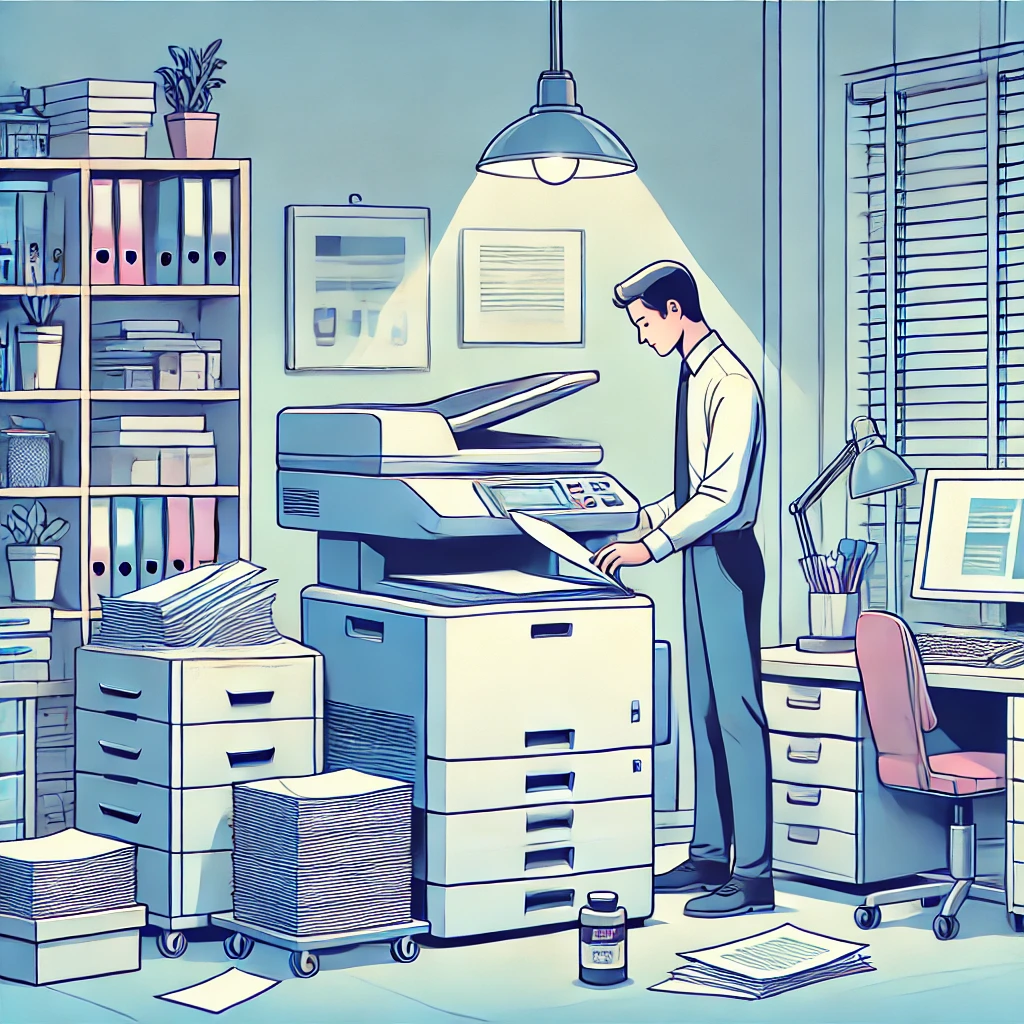
Photocopying books is an act of copyright infringement
Photocopying books is considered a copyright infringement if it falls under any of the following circumstances:
Photocopying two or more copies
If you photocopy an entire book or a significant portion of it into two or more copies, this can be seen as an act of reproducing the work without the owner’s consent. The Intellectual Property Law protects the author’s rights over their creative work, meaning any reproduction of content by any means without permission is considered an infringement. This includes photocopying books or storing and distributing them in digital form.
Photocopying the entire book using copying devices
Photocopying an entire book using professional copying devices such as photocopiers may lead to the misuse of such equipment to create multiple copies for distribution in the market, causing significant financial harm to the copyright holder.
Photocopying books for sale
If you photocopy books with the intent to sell or redistribute them to others, whether in paper form or electronic copies, it constitutes copyright infringement because it directly violates the copyright owner’s property rights. Copyright holders have exclusive rights to distribute and sell their work, so selling copies without permission is against the law.
Photocopying books for rental
Similarly to photocopying for sale, if you photocopy books for rental in any form, this also constitutes copyright infringement. Renting out copies without the copyright owner’s consent is illegal, as it interferes with the author’s commercial exploitation rights.
Photocopying books may violate copyright if the act involves creating multiple copies or photocopying for sale or rental without the copyright owner’s permission. These acts breach the Intellectual Property Law and can be subject to administrative, civil, or criminal penalties depending on the severity.
Cases of Book Photocopying That Do Not Infringe Copyright
Certain cases of book photocopying are allowed, ensuring that copying is done for personal study or research purposes without affecting the author’s economic rights. Below are specific situations:
Photocopying a Single Copy for Personal Study or Research, Not for Commercial Purposes
Individuals are allowed to make a single copy of a work (e.g., books, articles, research papers) for their own study or scientific research without it being considered copyright infringement. This provision allows individuals reasonable access to materials without violating copyright laws.
However, this rule does not apply to photocopying with devices like photocopiers. This is to prevent the abuse of such devices for mass copying, which could lead to unauthorized distribution or misuse.
Reasonable Copying of a Portion of a Work Using Copying Devices for Personal Study or Research
Individuals are allowed to use copying devices, such as photocopiers, to copy a portion of a work for personal study or research purposes. For instance, one chapter of a book or a section of an article may be copied without infringing copyright. However, only a portion of the work may be copied, not the entire work, to ensure that copying does not significantly harm the author’s economic interests. Copying an entire work without permission may be considered a copyright violation.
Use of Works in Non-Commercial Library Activities
Libraries have the right to copy works they store for long-term preservation. These copies must be clearly labeled as “archival copies” and can only be accessed by users as per the legal regulations on libraries and archives.
Libraries may also copy a reasonable portion of a work to meet users’ study and research needs. This does not apply to entire works, and the copying must be strictly for non-commercial purposes.
In cases where libraries are interconnected through a computer network, they may copy or transmit stored works to serve readers. However, the number of readers accessing the work simultaneously must not exceed the number of copies the library holds unless the copyright owner has granted permission.
These rules are designed to balance the protection of authors’ rights with the reasonable use of works for educational and scientific research purposes.
Contact Us Now:
DCNH LAW
Address: 38B Tran Nhat Duat, Phuoc Hoa ward, Nha Trang city, Khanh Hoa province, Vietnam.
Phone: (+84) 343320223 – 974278893
Email: dcnh.law@gmail.com

